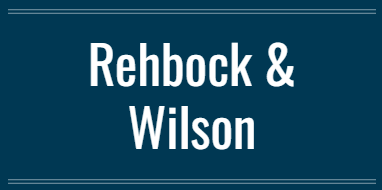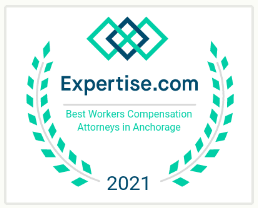When people think of the most dangerous professions, office work is usually nowhere to be found on the list. Especially in Alaska, where more dangerous professions like fishing and manufacturing dominate the economic landscape, the idea that people get hurt at office jobs may seem ridiculous.
However, there are thousands of people working in professional settings throughout Alaska, and any number of them may end up suffering significant injuries on the job despite operating in a setting that tends to be relatively safe. Officer workers can end up hurt in an unexpected incident or diagnosed with a medical issue that requires treatment and a leave of absence. These are some of the top workplace safety risks for those in white-collar work environments.
Repetitive stress injuries
Spending all day manually writing, typing or holding a phone can do real damage to someone’s hands, wrists and forearms. Repetitive stress injuries related to job functions performed at a desk are a common source of workers’ compensation claims among office employees. Carpal tunnel syndrome is a perfect example of an occupational illness that may very easily impact an office worker.
Slips, trips and falls
While office workers may not perform their jobs in dangerous outdoor settings, they could very easily get hurt just walking around in the office. Someone doesn’t need to be at a significant elevation for a fall to leave them injured. A slip in someone’s spilled coffee or a trip down the stairs could lead to broken bones or brain injuries that force workers to go to the hospital and possibly to take a significant leave of absence from work.
Electrical injuries
Office workers sometimes end up burned or worse because they must handle the electrical supply for computers and other office machinery. From copy machines and printers to coffee makers, any device with an electrical supply puts a worker at risk of shock or burns.
Like workers in other professions viewed as more traditionally risky, those who do their jobs in an office setting typically have the right to pursue workers’ compensation benefits if they get hurt on the job. Knowing about and avoiding job risks is important for an Alaskan professional as is knowing about the benefits available if they do get hurt.




